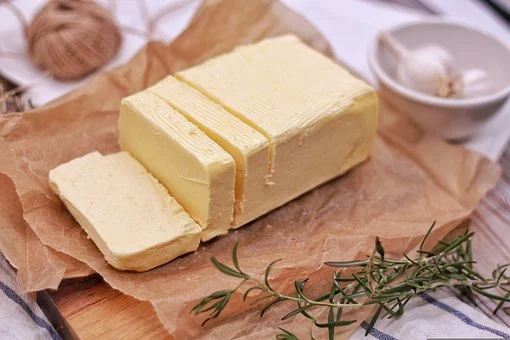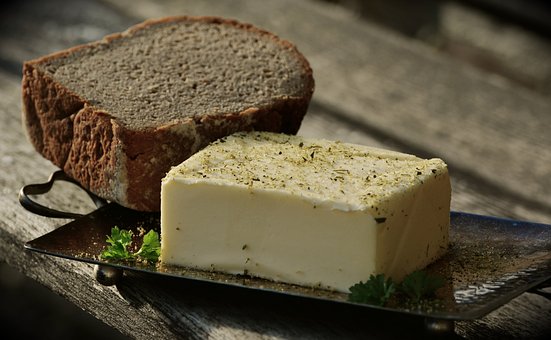Butter is a dairy product made from the fat and protein components of milk or cream. It has been a staple in many traditional diets for centuries and is often used as a spread, cooking ingredient, or topping for various dishes. While butter has a high nutritional value and can be a good source of certain nutrients, its health effects depend on how it is consumed and the overall balance of nutrients in a person’s diet.
One tablespoon of butter contains about 100 calories and 11 grams of fat, of which 7 grams are saturated fat. It is also a good source of vitamin A, which is important for vision and immune function, and contains small amounts of other vitamins and minerals such as vitamin E, vitamin K, and trace amounts of calcium, zinc, and selenium.
However, the high saturated fat content of butter is a concern for some people. Saturated fats, which are solid at room temperature, are thought to raise LDL (bad) cholesterol levels and increase the risk of heart disease when consumed in excess. The American Heart Association recommends limiting saturated fat intake to no more than 7% of daily calories for a 2,000 calorie diet. This equates to about 16 grams of saturated fat per day.
There is ongoing debate among health experts about the role of saturated fat in heart disease risk. Some research suggests that not all saturated fats have the same effects on cholesterol and that the type of fat may be more important than the amount. For example, some studies have found that the saturated fat in butter may have a less harmful effect on cholesterol levels compared to other sources such as red meat and processed foods.
Additionally, some studies have found that butter may have other health benefits when consumed in moderation. For example, some research suggests that butter may have a beneficial effect on blood sugar control, may have anti-inflammatory effects, and may have a protective effect against certain types of cancer. However, these findings are preliminary and more research is needed to confirm these potential benefits.
One alternative to butter is margarine, which is made from vegetable oils and is lower in saturated fat. However, many types of margarine also contain trans fats, which have been shown to raise LDL cholesterol and increase the risk of heart disease. Some newer types of margarine are made without trans fats, but it is important to read labels and choose a product that is low in trans fats and saturated fat.
Other options for spreading on toast or using in cooking include plant-based spreads made from nuts, seeds, or legumes, as well as oils such as olive oil or avocado oil. These options may be lower in saturated fat and higher in unsaturated fats, which have been shown to have a beneficial effect on cholesterol levels and heart health.
In conclusion, butter is a nutritious food that can be a good source of certain nutrients, such as vitamin A. However, its high saturated fat content may be a concern for some people, and it is important to consider the overall balance of nutrients in the diet. If you choose to include butter in your diet, it is important to do so in moderation and to balance it with other sources of nutrients. Other options such as margarine and plant-based spreads or oils may be a healthier choice for some people, depending on their individual needs and preferences.

 Home
Home Health
Health Diet & Nutrition
Diet & Nutrition Living Well
Living Well More
More












